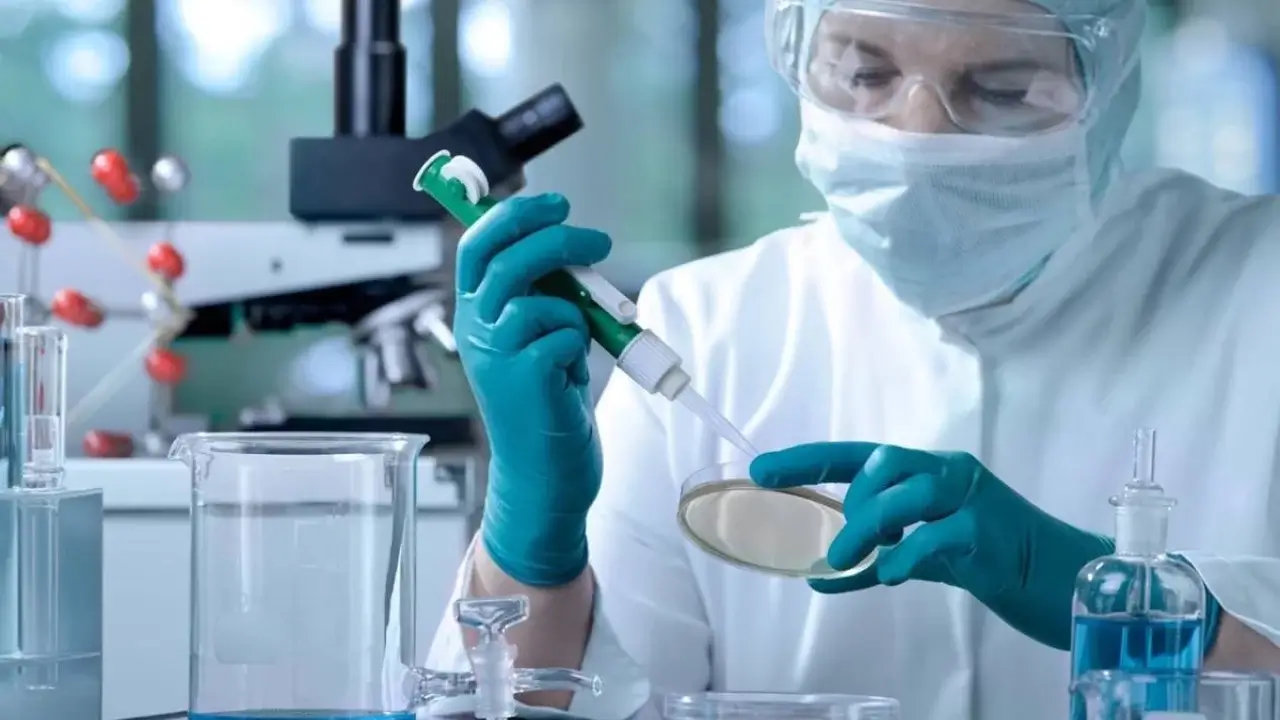Can a universal cancer vaccine save humanity?

In recent days, among the news in biology and genetics, the most prominent are the universal cancer vaccine and the development of “mirror life” technology. Massachusetts Institute of Technology graduate student Liam Chitayat and University of Minnesota associate professor Kate Adamala published an article in the American Foreign Affairs journal, providing detailed information about this.
The article emphasizes that biological life is a complex and unified system based on clear rules and laws. In current organisms, proteins are mainly composed of “left-handed” amino acids, and DNA uses “right-handed” sugars. Additionally, a new type of life called “mirror life” or inverted life implies the complete inversion of important molecular components.
Researchers warn that such organisms can easily evade immune system responses that protect, for example, bacteria and other microbes. This may lead to the emergence of new infections that cannot be treated among humans, animals, and plants.
The authors note that currently there is no mechanism in nature that can control such inverted cells. Moreover, their structure makes existing antibiotics potentially ineffective. That is, if such synthetic organisms appear accidentally or intentionally, they can bypass human biological defenses, resist treatment, and disrupt ecological balance.
Furthermore, “mirror life” can change humans’ understanding of nature and evolution. Changes in cell structure provide insight into how life developed on Earth and how it might exist on other planets in the Solar System. However, experts warn that at the current stage of human development, the risks of such innovations far outweigh the potential benefits.
According to experts, these scientific discoveries could open a new evolutionary stage for humanity, but all precautionary measures must be taken. The use of innovations must comply with ethical and safety standards, especially to ensure the safety of humans, animals, and ecosystems.
Read “Zamin” on Telegram!




















